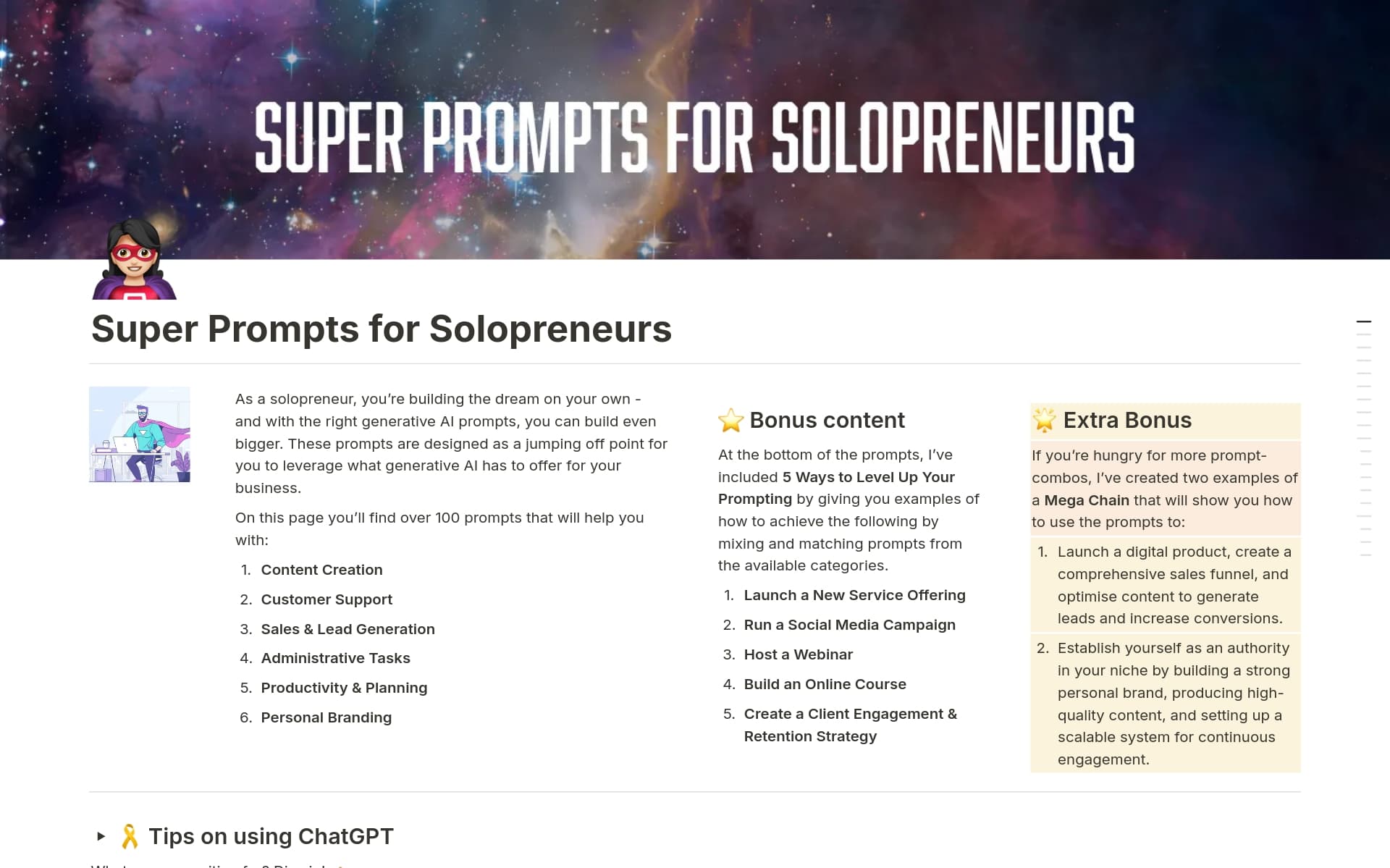Having a Service Desk is crucial for managing support requests, tracking issues, and ensuring efficient operations within an organization. It serves as a centralized point of contact for users to receive help on various company services. A Service Desk template in Notion can streamline this process by providing a structured and customizable framework to handle and monitor support tasks, leading to improved response times and better service quality.
Before you dive into creating your own Service Desk, consider exploring these Notion templates to simplify the process and enhance your support system.
What Should Service Desk Templates Include?
Choosing the right Service Desk template in Notion can streamline your support operations and enhance efficiency. Here are key components to look for when selecting a template:
Ticket Management System: A robust system to track, prioritize, and resolve issues efficiently is essential for maintaining workflow and customer satisfaction.
Knowledge Base Integration: Access to a well-organized repository of information helps in quick resolution of common queries and issues.
User Feedback Collection: Features that facilitate the collection and analysis of user feedback can help improve services and boost user satisfaction.
Reporting and Analytics: Comprehensive tools for reporting and analytics allow for monitoring performance metrics and optimizing service delivery.
Selecting a template with these components will ensure a more organized and effective service desk operation, enhancing both team performance and customer experience.
What Should Service Desk Templates Avoid?
When selecting a Service Desk template in Notion, it's essential to be aware of certain features that might complicate rather than streamline your workflow. Here are three key components to steer clear of:
Overly Complex Automation: Avoid templates with excessive automation rules that can create confusion and reduce flexibility in handling tickets.
Non-Customizable Fields: Templates that do not allow easy customization of fields can become restrictive and may not adapt well to the specific needs of your service desk.
Dense Information Layout: Steer clear of templates that pack too much information into a small space, which can overwhelm users and hinder quick understanding of ticket statuses and details.
Choosing the right template involves looking for simplicity, adaptability, and clarity to ensure it enhances your team's efficiency and effectiveness in managing service requests.



